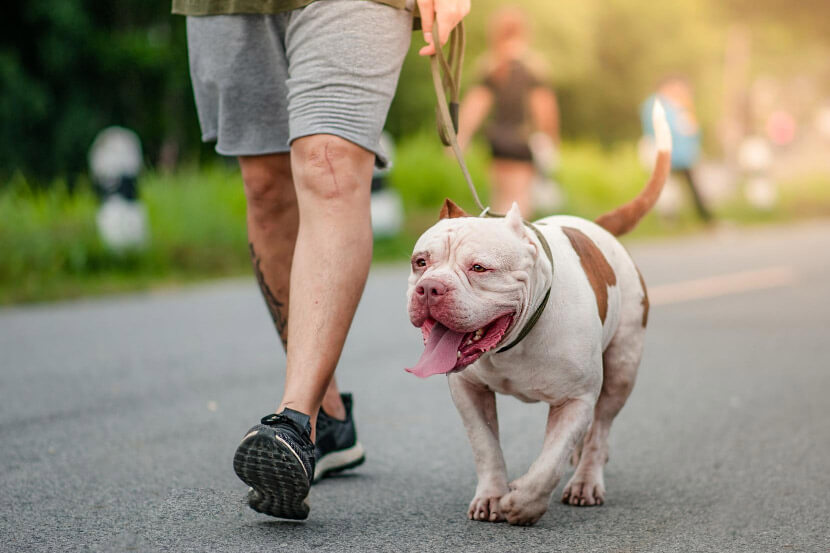
It can be concerning to see your pet have a runny nose. A runny nose can be caused by many things – some more serious than others. Understanding some of these possible causes can help you to determine if you should seek veterinary care immediately, or if your pet’s condition is stable enough to monitor at home.
Possible causes of a runny nose.
- Allergies
- Infections
- Foreign objects in the nose
- Trauma
- Immune mediated problems
- Cancer
Diagnosing the cause of a runny nose
If your pet is having a mild runny nose your veterinarian may recommend supportive treatments and monitoring initially. If there is a more severe runny nose, a runny nose that has been happening for a prolonged time, or if the discharge is abnormally colored/bloody then your veterinarian may recommend diagnostics to help pinpoint the cause. Some of these tests are:
- Blood panels – looking for signs of infection or immune system problems.
- X-rays or CT scan – Sometimes traditional x-rays can be used to diagnose problems within the nasal cavity as well as other parts of the body. However; sometimes the limitations of x-ray may make this test less useful. In certain situations, such as if there is concern for a mass or foreign object in your pet’s nose, a CT scan may be recommended to get a better look at the pet’s nose.
- Rhinoscopy – This procedure involves anesthesia in order to use a very small camera and visualize the inside of your pets nose. This procedure can also be used to collect biopsy samples or even to remove some foreign objects.
When to seek veterinary care?
While a minor runny nose with no other signs may not require immediate care, we still recommend contacting your veterinarian if your pet experiences any of the following along with a runny nose:
- Loss of appetite
- Excessive nasal or eye discharge
- Difficulty breathing. This is particularly concerning in cats if they are “open mouth breathing” or panting.
- Bloody nose
- Known ingestion of a toxin
- Any swelling of the face or nose along with a runny nose.
Treatment options for a runny nose
- Supportive care: ranging from a trial of allergy medications or possibly a short antibiotic course.
- Rhinoscopic removal of foreign objects. – Surgery or radiation therapy for tumors.
- Extraction of infected teeth.
Conclusion and next steps
Runny noses in pets can range from minor issues that require minimal treatment, all the way to very serious medical concerns. It is important that you work with your veterinary team to figure out the best course of action for your pet if they have a runny nose.
